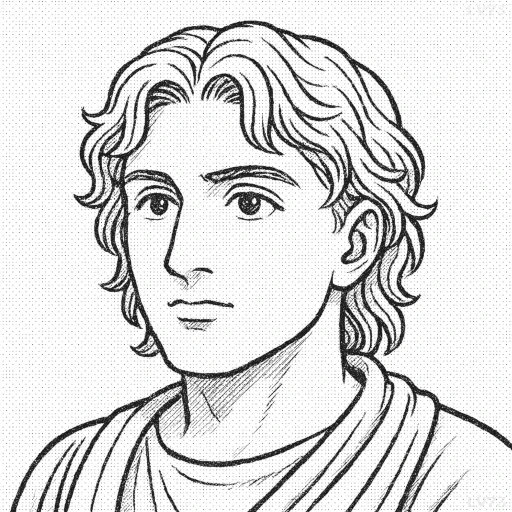“If I were not Alexander, I would be Diogenes.”

- July 20, 356 BC – June 10, 323 BC
- Born in Macedonia
- King of Macedonia
table of contents
Quote
“If I were not Alexander, I would be Diogenes.”
Explanation
This quote, credibly attributed to Alexander the Great, illustrates his deep admiration for the philosopher Diogenes of Sinope, despite their drastically different lives. Alexander, a world-conquering king, and Diogenes, a destitute cynic who lived in a barrel, represent two extremes: absolute power and absolute renunciation. By declaring he would be Diogenes if he could not be himself, Alexander acknowledged the profound freedom and independence of a man who desired nothing.
The historical encounter between Alexander and Diogenes is famous: Alexander visited the philosopher and offered to grant him any wish. Diogenes simply asked, “Stand out of my sunlight.” Rather than being insulted, Alexander was reportedly impressed. This remark by Alexander reflects an understanding that power over oneself—as Diogenes embodied—can be as noble and enviable as power over others.
In modern application, this quote challenges prevailing ideas about success and happiness. It suggests that authenticity, self-sufficiency, and intellectual freedom may be as admirable as wealth or fame. A corporate leader might envy a monk’s peace; a president might long for a writer’s solitude. Alexander’s statement reminds us that greatness comes in many forms, and sometimes, the one who owns nothing is the freest of all.
Would you like to share your impressions or related stories about this quote in the comments section?



